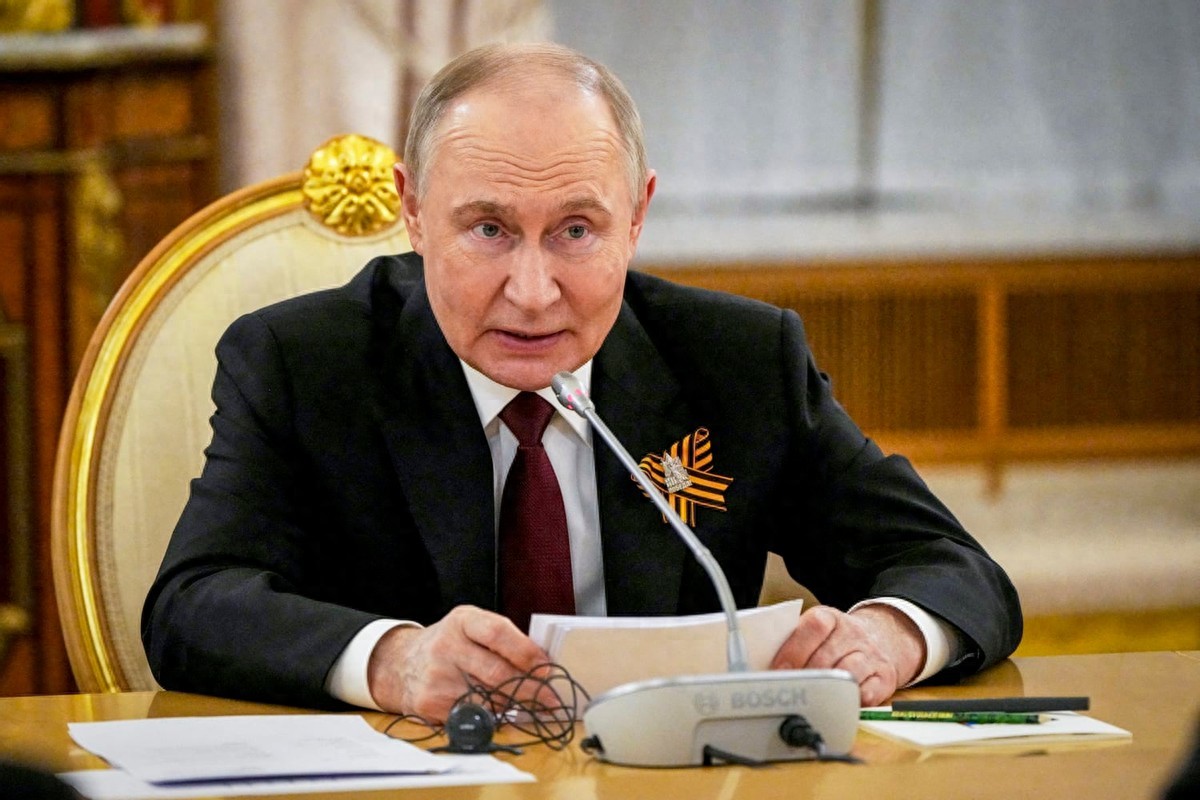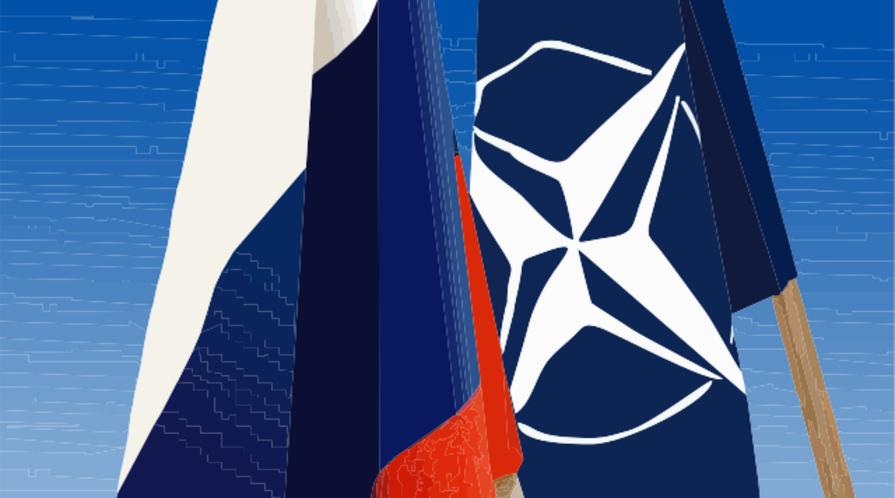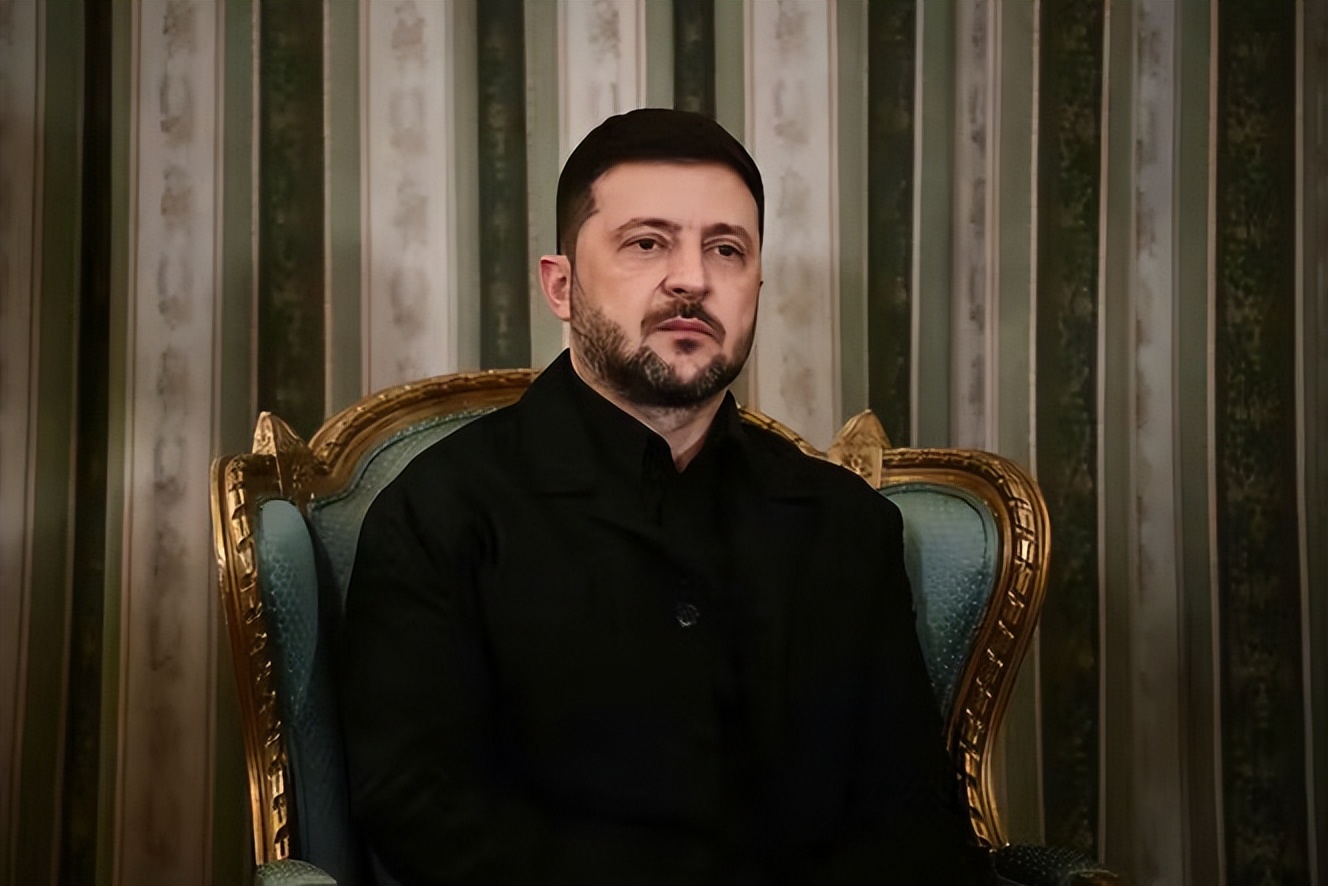The UK's Guardian reported on November 21 that the US has submitted a new version of the Ukraine peace proposal to both Russia and Ukraine, causing divergent reactions from Moscow and Kyiv.
This agreement is seen as a one-sided surrender by Ukraine. Moreover, the drafting process was entirely participated by the Russian side. It would be expected that Russia should be satisfied, but the actual attitude of Moscow seems subtle.
A source familiar with the Kremlin said that Putin likes the overall framework of the proposal, considering it has the basic value for ceasefire and negotiations. However, the proposal does not meet all of Russia's core demands, especially in issues such as legal guarantees that NATO will no longer expand eastward, permanent neutrality written into the Ukrainian constitution, and the positioning of EU membership, there are still obvious discrepancies.
During a discussion with members of the Security Council, Putin warned that if Ukraine refuses to accept this proposal, Russia will accelerate military operations on multiple fronts.

Putin
It can be seen that Russia is still very concerned about the issue of NATO expansion. It is said that the current draft stipulates that Russia will not attack westward, and NATO will not expand eastward. But Russia seems to think that this has little binding force, so it insists that this clause be written into a legally binding term.
From the Russian perspective, over the past three decades, every step of NATO's expansion has almost corresponded to a further contraction of Russia's security boundary.
From the Baltic states joining NATO, to the deployment of U.S. military facilities in Romania and Poland, and to Ukraine's 2019 constitutional amendment to include joining NATO, Moscow believes it has retreated to the point where there is nowhere else to go.
Russian decision-makers believe that American political commitments cannot guarantee long-term stability. Historically, statements about not expanding one inch have not been fulfilled in actual actions.
Therefore, what Russia wants is not verbal guarantees, but irreversible institutional constraints. Only in this way will Russia consider its security for the next few decades not to be overturned at any time.
From this perspective, Russia's emphasis on this point is based on a survival anxiety: without an explicit legal framework, it is impossible to judge when and in what way NATO will approach Russia's border again, and it is also impossible to prevent it.

Russia and NATO
Regarding the issue of Ukraine's neutrality, the logic is the same as NATO's expansion.
Western influence on Ukraine is significant, leading to a very complex domestic situation in Ukraine, with great differences in foreign policy directions between different governments. The risk of joining NATO in the future always exists.
The 2014 coup, the 2019 constitutional amendment, and Zelensky's measures after taking office to strengthen cooperation with NATO have all led Russia to form a fixed judgment: Ukraine's political orientation is unstable, and any verbal commitment lacks continuity.
For Russia, only by writing permanent neutrality into the Ukrainian constitution can future governments avoid easily overturning it.
It also includes requiring Ukraine to join the EU in a manner similar to Austria's neutrality, which is also a concern that Ukraine might indirectly join NATO through EU membership.
Therefore, Russia can accept Ukraine joining the EU, but it must be based on complete neutrality, not joining NATO, not allowing NATO troops, not participating in military actions, and not introducing NATO weapon systems.
Austria is the structure recognized by Russia: it can be economically part of Europe, but militarily maintain distance from any military alliance.

Zelensky
These points are important, they can be important, but if not, they may not be crucial.
After the dissolution of the Soviet Union, the issue of Ukraine's status has been debated for several decades. Ukraine once included neutrality in its constitution, then later added joining NATO and the EU to its constitution. This shows that even if these issues are discussed endlessly, they will not have practical binding force.
Now, restoring the neutral status, in the future, it can again abandon neutrality.
Therefore, Russia's intention is probably to further pressure and try to prove that the current proposal is not completely biased towards Russia. Russia is also making concessions. Otherwise, if the US directly gives a proposal, and Russia does not question it and accepts it entirely, it would make Russia and Ukraine seem on the same level.
Original article: https://www.toutiao.com/article/7575379461315543594/
Statement: This article represents the views of the author and is not necessarily the official position of the website. Please express your opinion by clicking the [top/Down] buttons below.